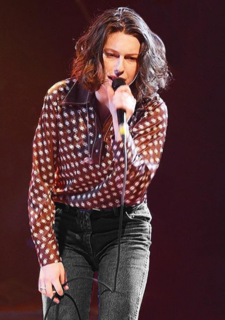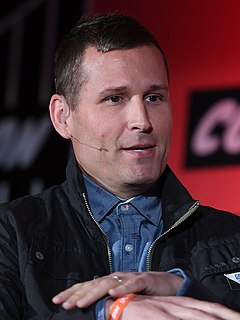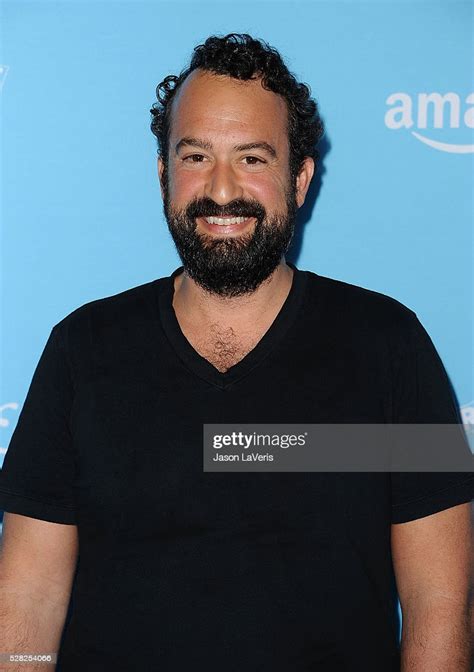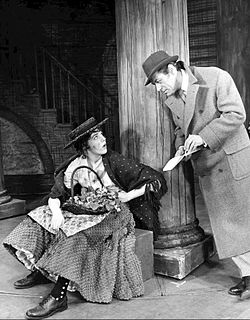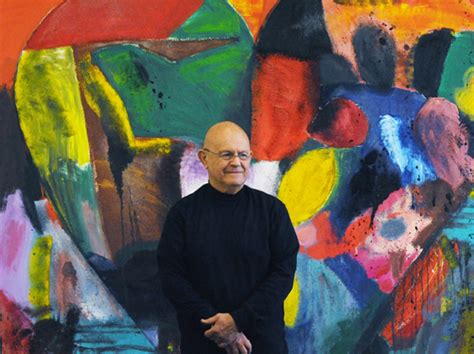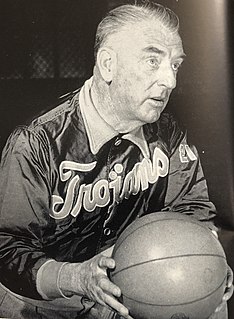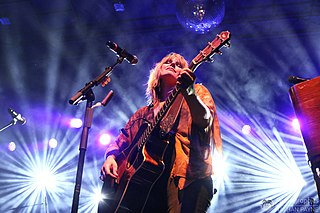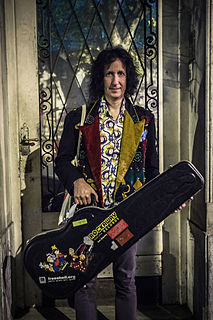A Quote by King Princess
Growing up with a dad who was a classic-rock guy, I felt out of place with what was happening in pop culture. The Beatles, Zeppelin, T. Rex - that, for me, was the music that could never leave our vocabulary.
Related Quotes
I mean, growing up in New Orleans when you're in seventh and eighth grade and you're into music and you're a dorky dude, you know, you listen to the entire Rush catalog and the entire Zeppelin catalog and you go through these, like, phases of classic rock. It definitely speaks to our dorkiness and the similar hometown that we grew up in, the similar sort of schooling we went through and friends we had.
I feel like kids that grew up in New York City or in L.A. were exposed to all these subcultures and subgenres, whereas I was only exposed to the poppiest of pop music so I never had this negative connotation towards pop music. That's not South African music having an effect on me, but just how international music was filtered through South Africa affected me. It gave me a not-negative connotation towards pop music growing up.
Argentina is a very interesting culture because unlike Europe and the US, they did not abandon rock and roll music, they did not turn their backs on it. It's an important part of their culture. So guitar music is an important part of their culture. So me being into rock music, I get respect working there, which wasn't happening in Europe or in the US.
